#Donna Corcoran
Explore tagged Tumblr posts
Text

Donna Corcoran-John Whiteley "Los contrabandistas de Moonfleet" (Moonfleet) 1955, de Fritz Lang.
22 notes
·
View notes
Text




Angels in the Outfield (1951) Clarence Brown
August 3rd 2024
#angels in the outfield#1951#clarence brown#paul douglas#janet leigh#donna corcoran#keenan wynn#spring byington#ellen corby#bruce bennett#lewis stone#marvin kaplan#james whitmore#angels and the pirates
1 note
·
View note
Text




I can't wait for Autumn 🍂🍁
#autumn#fall aesthetic#fall#halloween#autumn aesthetic#all hallows eve#samhain#rainyday#dark academia#dark acadamia aesthetic#books & libraries#the secret history#books#francis abernathy#donna tartt#henry winter#richard papen#bunny corcoran#camilla macaulay#if we were villains#dead poets society#october#october aesthetic#dead poets aesthetic#dps#tsh donna tartt#aesthetic#spooky aesthetic#spooky season
7K notes
·
View notes
Text
“it’s starting to smell like pumpkin spice!”
“it’s starting to smell like scary movies!”
no.
it’s starting to smell like, the snow in the mountains was melting and bunny had been dead for several weeks before we came to realize the gravity of our situation.
#tsh donna tartt#tsh#the secret history#donna tartt books#fall season#charles macaulay#camila macaulay#henry winter#bunny corcoran#richard papen#the goldfinch#francis abernathy
4K notes
·
View notes
Text
''the secret history vibe is studying hard and loving the classics'' so close! the secret history vibe is a close group of pretentious idiots who secretly hate each other murdering people for the vibe and ignoring the concepts of the moon landing and hypothermia
#guys come on its not just about the cool college vibe#its about the chaos#bunny corcoran#camilla macaulay#charles macaulay#donna tartt#francis abernathy#henry winter#richard papen#the secret history#donna tart
3K notes
·
View notes
Text

Read this book recently how’s my lineup
#the secret history#I’ve been fandom hopping all over the place lately#the secret history fanart#richard papen#henry winter#bunny corcoran#francis abernathy#charles macaulay#camilla macaulay#tsh donna tartt#donna tartt#the goldfinch#dark acamedia
983 notes
·
View notes
Text

The Secret History
“But how,” said Charles, who was close to tears, “how can you possibly justify cold-blooded murder?’ Henry lit a cigarette. “I prefer to think of it,” he had said, “as redistribution of matter.”
The way I'm obsessed with this group, ugh!!!
Digital Illustration, 2025
Gorchart
#digital illustration#the secret history#tsh#donna tartt#tsh donna tartt#richard papen#henry winter#bunny corcoran#francis abernathy#charles macaulay#camilla macaulay#tsh fanart
750 notes
·
View notes
Text
was it casual when you shoved him off the cliff and then stood over his corpse watching the warmth and light slowly fade from his familiar blue eyes was it casual when his father said you made his son the happiest he'd ever seen his baby boy was it casual when his parents gave you the honor of being the pallbearer when you stood amongst his brothers and carried the corpse you'd made to the hollowed ground was it casual when you were so lost in your own mind standing above his grave that you smeared the dirt of his grave across your chest (you killed him. it doesn't mean you didn't love him.)
#HENRY WINTER I SEE YOU#I SEE. YOU.#yall...this fool was in love LMFAOOO#the secret history#bunny corcoran#tsh#henry winter#tsh donna tartt#winterbunny#charles macaulay#richard papen#camilla macaulay#francis abernathy
1K notes
·
View notes
Text
bro. bro you are romantisizing the secret history. bro you are enamored with the greek class just like richard. bro you are ignoring the bad things and creating aesthetics based on a book telling a murder of a young man. brother.
#anyways#i am both sides of the coin#the secret history#tsh#donna tartt#richard papen#henry winter#bunny corcoran#francis abernathy#camilla macaulay#charles macaulay#the secret history donna tartt#dona tartt the secret history#dark academia#dark acadamia aesthetic#aesthetic
3K notes
·
View notes
Text
shoutout to my two favorite people from missouri: chappell roan and henry winter
#chappell roan#henry winter#the secret history#secret history#richard papen#missouri#donna tartt#pink pony club#pink pony girl#francis abernathy#charles macaulay#camilla macaulay#bunny corcoran#the classics#tsh donna tartt#tsh
1K notes
·
View notes
Text

Donna Corcoran-Greer Garson-Walter Pidgeon "La señora Chesney" (Scandal at Scourie) 1953, de Jean Negulesco.
9 notes
·
View notes
Text

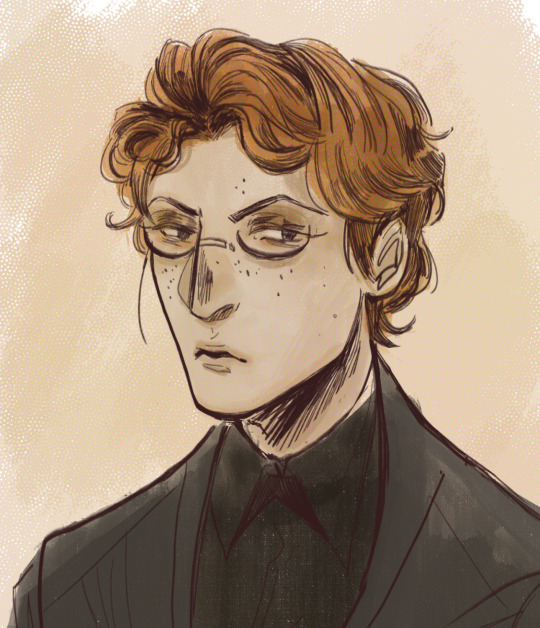

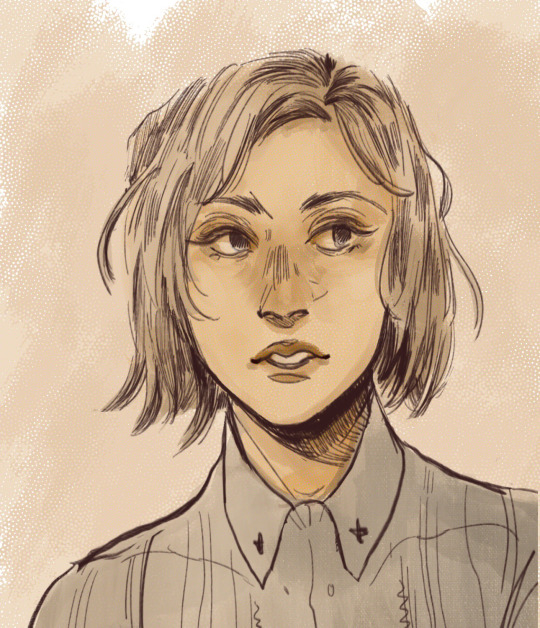
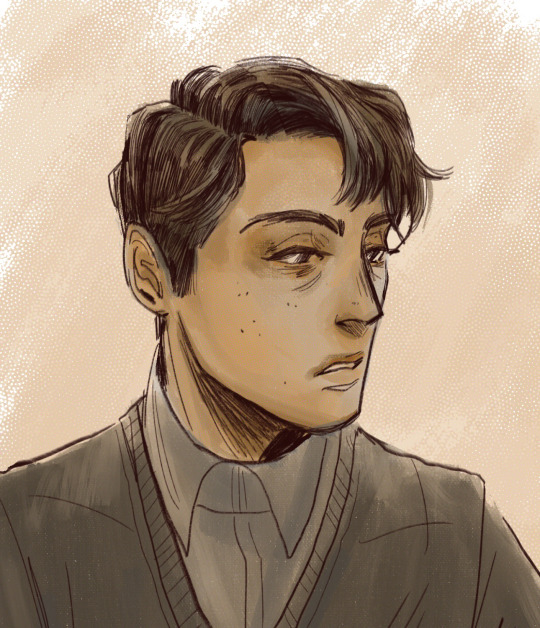
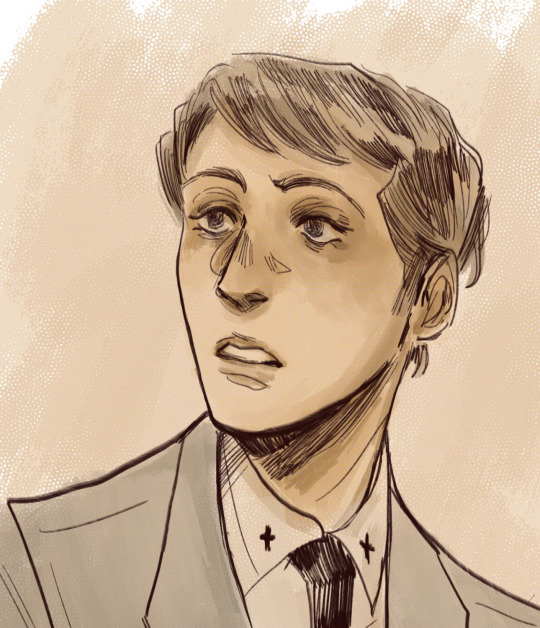
it’s that time of year again where i reread tsh for the bajillionth time so here is the greek class!!!
#the secret history#tsh#bunny corcoran#francis abernathy#henry winter#camilla macaulay#richard papen#charles macaulay#donna tartt#bookblr#my art#these are old actually! i just never posted them here for some reason?? but i really like how these portraits came out!!
4K notes
·
View notes
Text


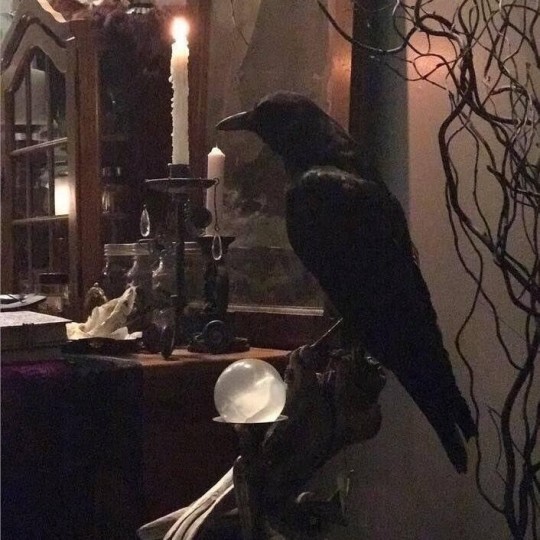

"Do you understand the violence it took to become this gentle?"
#dark academia#the secret history#books#donna tartt#francis abernathy#henry winter#richard papen#autumn#bunny corcoran#camilla macaulay#dead poets society#books & libraries#book aesthetic#dead poets aesthetic#history aesthetic#dark acadamia aesthetic#light academia#dark acadamia quotes#book quotes#quotes#library#bookish#book tumblr
2K notes
·
View notes
Text
Henry Winter be like "I know a spot" then pushes you off it
#hana!#henry marchbanks winter#henry winter#tsh donna tartt#the secret history#camilla macaulay#edmund corcoran#charles macaulay#bunny corcoran#richard papen
1K notes
·
View notes
Text
in my richard papen era(failing academics, in need of friends, romantising things i don't even understand)
#the secret history#donna tart#richard papen#bunny corcoran#francis abernathy#camilla macaulay#henry winter#charles macaulay
3K notes
·
View notes
